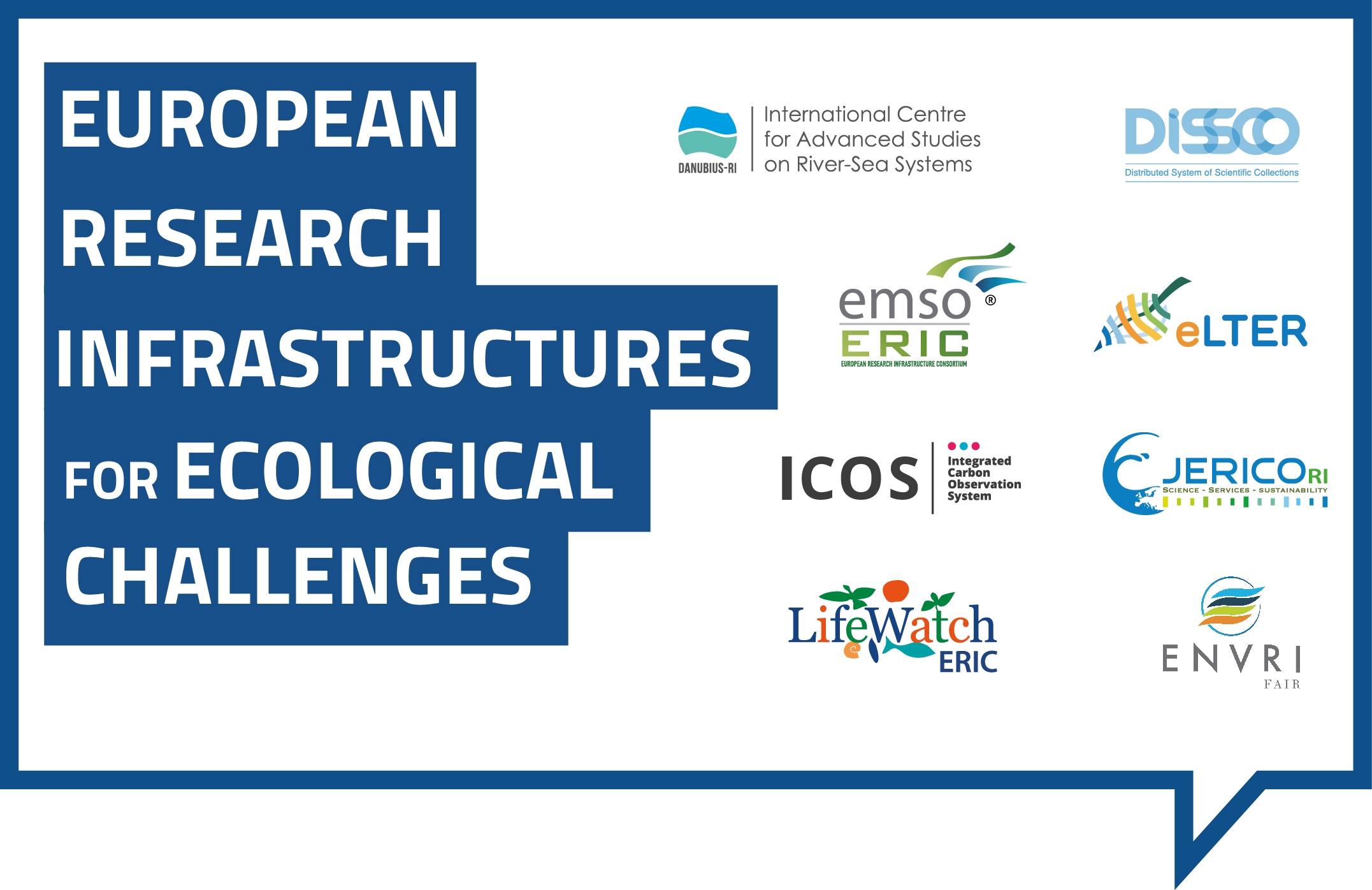Symposium: Advanced facilities for the ecological research: the European Research Infrastructures
Home | Events | Researchers | Symposium: Advanced facilities for the ecological research: the European Research Infrastructures

Metz, France, 24 November 2022.
The European Commission is strongly promoting the establishment and operation of European Research Infrastructures (ERIs), funded by the Member States, as key components of the scientific research landscape supporting the global competitiveness of European research communities. ERIs are aimed at offering high quality data and advanced facilities to European scientists, with particular attention towards early career researchers, promoting innovation, technology transfer to industries, and citizen engagement in science.
In the area of Ecology, some ERIs have already been established as European Research Infrastructure Consortia (ERIC), and are currently operational, whilst others are in the process of becoming so. Globally, the landscape of European Research Infrastructures offers monitoring sites and facilities covering all types of environmental domains, i.e., terrestrial, freshwater, transitional and marine waters and key research areas, such as those dealing with biodiversity organisation, conservation and restoration, with ecosystem processes and carbon sequestration, water and energy fluxes or with agroecosystems.
On 24 November 2022, LifeWatch ERIC is organising the Symposium: “Advanced facilities for the ecological research: the European Research Infrastructures”.
Here, we propose an expert panel discussion, with leading scientists from advanced ERIs supporting European scientific research on biodiversity and ecosystems, such as LifeWatch ERIC, the European e-Science Infrastructure for Biodiversity and Ecosystem Research, the ecosystem component of ICOS ERIC, the Integrated Carbon Observation System, eLTER RI, the Integrated European Long-Term Ecosystem, critical zone ad socio-ecological Research, DiSSCo, the Distributed System of Scientific Collections, Danubius-RI, the International Centre for Advanced Studies on River-Sea Systems, EMSO ERIC, the European Multidisciplinary Seafloor and water column Observatory, and JERICO-RI, the Joint European Infrastructure of Coastal Observatories. Presenting their key integrated research facilities to the SFE2 GFÖ EEF Joint Meeting – “Ecology & Evolution: New perspectives and societal challenges“, these infrastructures offer to the relevant ecological research community of practice, a view on their data, services and other types of research resources, on the opportunities for engagement and on the possibilities to propose new types of data and services to be promoted, collected and developed by the ERIs.
The proposed discussion will focus on the major scientific and societal challenges of contemporary times and on the greatest threats faced by biodiversity, ecosystem services and societal benefits, in the context of natural and anthropic pressures, including climate change impacts. The leading scientists involved in the discussion will present how each ERI will commit to collaboratively tackle these issues, supporting the creation of new multidisciplinary and cross-domain knowledge towards facilitation of the implementation of current policies at all levels and the creation of new ones. They will also illustrate how scientists can access their integrated research facilities.
Keynote speakers:
Alberto Basset, University of Salento and LifeWatch ERIC
Christos Arvanitidis, Hellenic Centre for Marine Research (HCMR) and LifeWatch ERIC
Dario Papale, University of Tuscia and ICOS ERIC
Michael Mirtl, Environment Agency Austria and eLTER RI
Niels Raes, Naturalis Biodiversity Center and DiSSCo
Adrian Stanica, National Institute for Research and Development of Marine Geology and Geoecology (GeoEcomar) and Danubius-RI
Gabriella Quaranta, EMSO ERIC
Laurent Delauney, Ifremer and JERICO-RI
Rob J.J. Hendriks, Ministry of Agriculture, Nature and Food Quality and Biodiversa+
Chairperson: Andreas Petzold, Juelich Research Centre, IAGOS and ENVRI-FAIR
Speakers will present their RIs, then they will illustrate the services and facilities that these RIs can provide to address major threats for biodiversity (e.g. alien species, habitat degradation and fragmentation etc) and tackle climate change impacts affecting ecosystem functioning and services. The discussion will be therefore an occasion to highlight multidisciplinary expertise and synergies on these key topics.